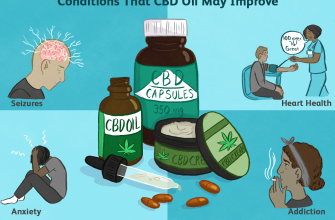Animal experiments (Shirazizand et al. 2013, Jones 2012, 2011), clinical studies (Cunha et al. 1980), as well as the stories of ordinary people, reveal the great therapeutic potential of CBD in the treatment of epilepsy.
CBD and epilepsy – clinical studies
In the first phase of one clinical study, the results of which have already been published, 8 healthy volunteers were given 3 mg of CBD per kilogram of body weight for 30 days.
A second group of 8 volunteers received similar glucose-only capsules as a placebo.
Every week, all volunteers underwent neurological and physical tests, passed urine and blood tests, they were taken ECG and electroencephalography (EEG).
In the second phase of clinical trials, patients with diagnosed primary generalized epileptic seizures (in which epileptic activity covers the entire cerebral cortex of both hemispheres) were divided into two groups. Each patient received 200-300 mg of CBD daily or received a placebo. The experiment lasted for 4.5 months.
During the experiment, patients also received standard prescription epilepsy medications, although they did not help control the signs of the disease.
The results of analyzes and tests showed that taking CBD did not cause addiction, overdose and side effects in patients and volunteers.
The following study results were obtained: 4 out of 8 patients who took CBD did not suffer a single epileptic attack during the study, and three more patients noted a significant improvement in their health. CBD had no effect on one out of eight patients. The condition of six patients from the placebo group did not change, and the condition of one patient improved fundamentally.
Action CBD on the epileptic seizures tested on animals
Tests in mice have shown that CBD minimizes seizures induced by pentilenetetrazole (PTZ) and electroshock therapy (Shirazizand et al 2013). CBD has also shown anti-epileptic properties in two other animal modeled seizures (Jones et al. 2012).
For an attack caused by pilocarpine, CBD much reduced the percentage of animals suffering from very severe seizures. In such a seizure, CBD also reduces the mortality rate of animals as a result of a seizure.
CBD also significantly reduced the percentage of tonic-clonic seizures in experimental animals.
Further research at the University of Reading revealed the anti-epileptic effects of CBD in the temporal lobe of animals in simulated epileptic seizures (Jones et al 2011).





